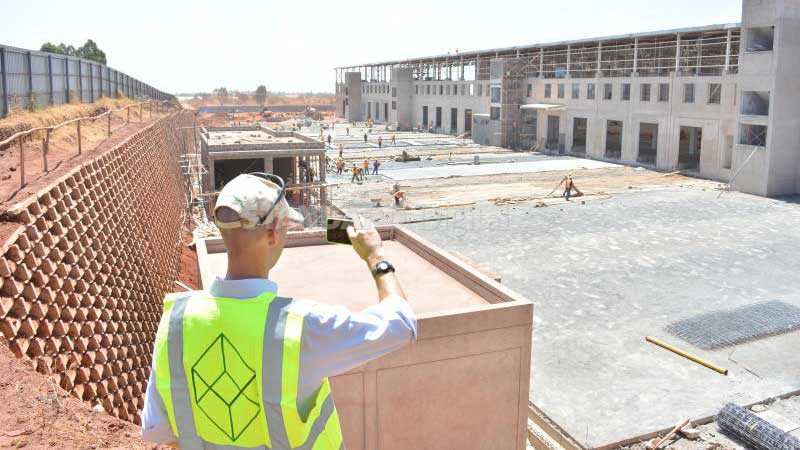×
The Standard e-Paper
Join Thousands Daily

For decades, developers have given the logistics market a wide berth, preferring instead to concentrate on residential, retail and office space.
“Kenya has experienced exponential growth in various sectors of the economy and population. Yet, this has been in contrast to the slow growth of quality warehousing to support and sustain it. This has led to the country experiencing a demand that is outstripping supply,” Kavit Shah, co-CEO of Tilisi Developments Limited, said last year.